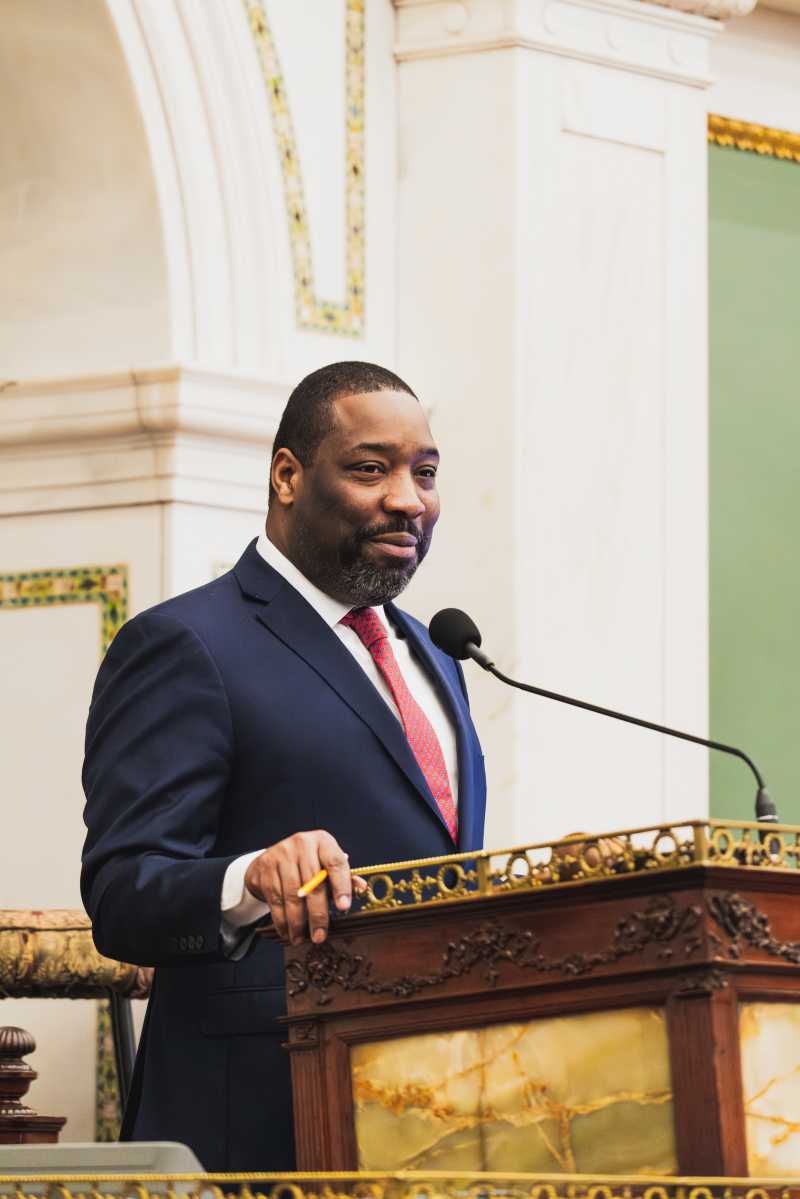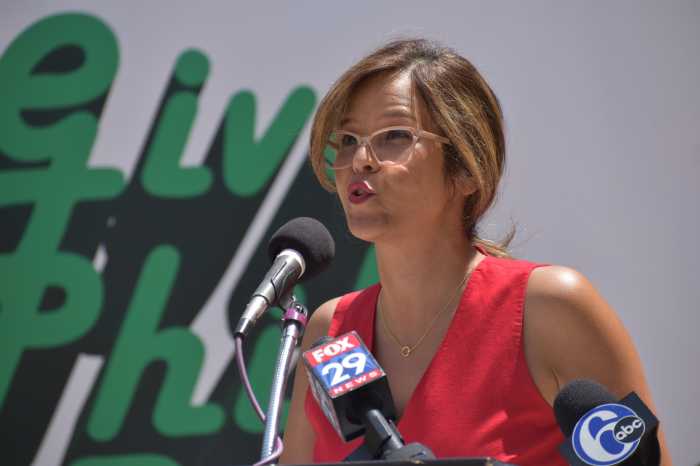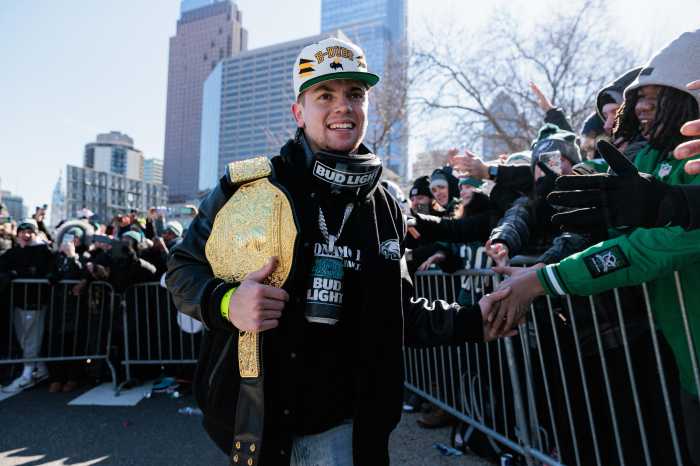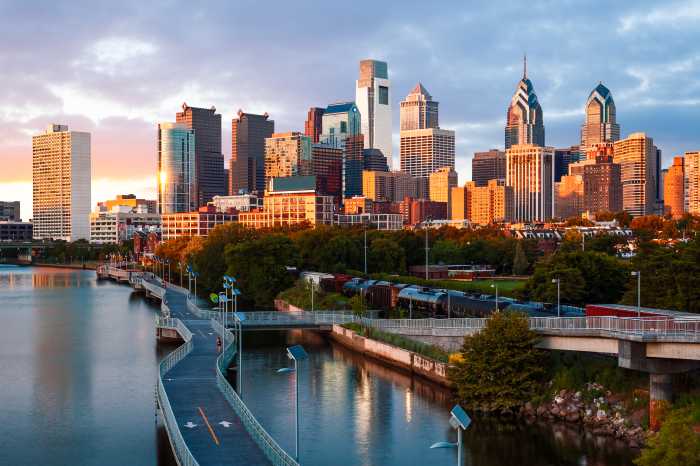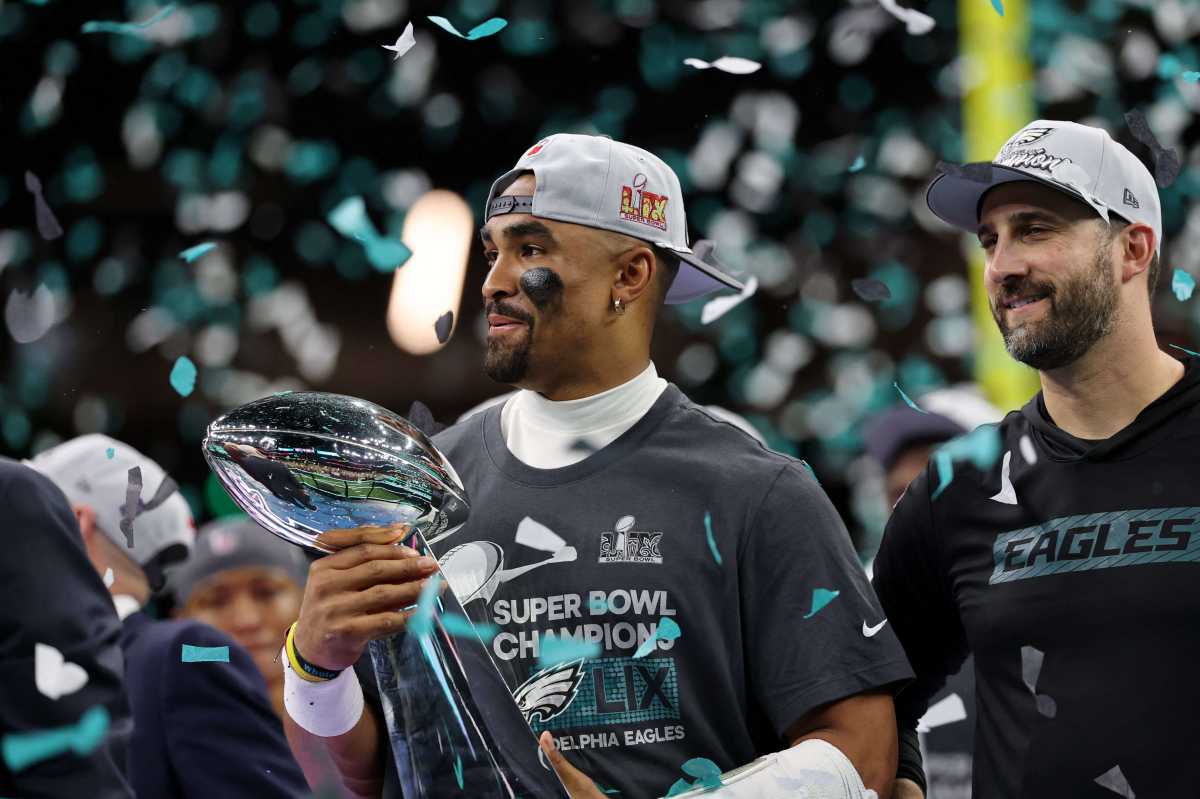In the rich tapestry of American history, our nation’s greatness has always been defined by the courage of individuals who stand up for what is right. But our nation also carries a sordid past – one that has yet been atoned for. In 1961, Executive Order No. 10925, known as Affirmative Action, was signed by President Lyndon B. Johnson to level the playing field and hold the private sector accountable in offering jobs to African Americans who had endured life as second-class citizens for centuries in America.
In recent months, affirmative action has come under attack at the national level. Conservatives have used the term “diversity, equity and inclusion (DEI)” as an epithet for racism.
Four years ago, Americans saw corporations, both in Philadelphia and across the country, pledge their support to the Black community to respond to the brutal police killings of unarmed Black people at the hands of law enforcement. According to Quartz, “In 2021, 42 tech companies set aside almost $4 billion to support Black-owned businesses, racial justice organizations, and internal diversity initiatives. Yet, just a few short years later, some companies note increased employee resistance to diversity programming.”
The U.S. Supreme Court’s ruling against affirmative action in 2023 has cast a shadow over these efforts. Despite this setback, Americans must not allow diversity fatigue and litigation fear to undermine the progress we have made as a nation.
Now, more than ever, we need Philadelphia’s private sector, with a specific nod to The Chamber of Commerce for Greater Philadelphia, to lead the charge in ensuring that initiatives like Affirmative Action are restored, upheld, and woven into the fabric of our city. The Chamber of Commerce for Greater Philadelphia can foster an inclusive economy.
The Chamber of Commerce for Greater Philadelphia has been advocating for businesses in the Greater Philadelphia area for more than 200 years. Their members represent eleven counties, three states, and roughly 600,000 employees from thousands of member companies and organizations.
As the Philadelphia City Council President, I believe in the strength of our great city and its potential for an inclusive future. Both our nation’s greatness and communities of color’s future are intertwined, hinged on the actions of diverse leaders who embrace the values of courage and integrity.
Local CEOs and nonprofit leaders must not succumb to color-blind decision-making. Instead, in collaboration with the public sector, they should embrace the challenge and continue to champion DEI initiatives.
Marc Morial, president of the National Urban League, and other Black leaders have come together to call those who dismiss DEI as “racist” or “illegal.” At the state level, lawmakers in Texas have called out their governor for striking down DEI policies for hiring at state-funded universities and colleges. We cannot allow this rhetoric to deter us in Philadelphia.
In our city, I am calling on religious leaders of all faiths, labor leaders, community organizers, and elected officials to be visible, disruptive change agents who deliver for their congregants and constituents. Concurrently, forward-thinking decision-makers of all races must strategically rethink their approaches, viewing the Supreme Court decision as a challenge rather than an excuse.
On Feb. 28, The Chamber of Commerce for Greater Philadelphia holds its annual mayoral luncheon to hear from the top leaders in City government about critical issues impacting Philadelphia’s business community. The luncheon is a perfect opportunity for business leaders throughout the Philadelphia region to contextualize the importance of inclusive growth and equity in our city.
Later that same week, my fellow City Council members are expected to approve my Resolution #240107 which will create Council’s Special Committee on City and Private Sector Diversity, Equity, and Inclusion Policies. The Special Committee will examine the impact of such policies and to provide practical, evidence-based recommendations to enhance city policy effectiveness in the promotion of minority, women-owned and disabled-owned businesses in Philadelphia.
While minority, women, and disabled-owned businesses (M/W/DSBEs) play a vital role in providing thousands of jobs in Philadelphia, vibrant commercial corridors, and revenue that directly supports city functions, disparities in opportunity and barriers to entry persist. The City of Philadelphia and some private sector participants have developed DEI policies, but barriers still exist that prevent M/W/DSBEs from competing in our local economy.
As Council President, I will appoint the members of the Special Committee in the coming weeks. The Special Committee will also submit a full report to the Council and the mayor and make its findings and recommendations available to the public.
Let us remember that realizing the American Dream requires faith, confidence, hard work, and sacrifice. It’s time to get to work, not with a sense of entitlement, but with a commitment to creating a Philadelphia where everyone can thrive.
Philadelphia City Council President Kenyatta Johnson, a former state representative, serves Philadelphia’s Second Council District, which includes parts of Center City, South Philadelphia, and Southwest Philadelphia.



